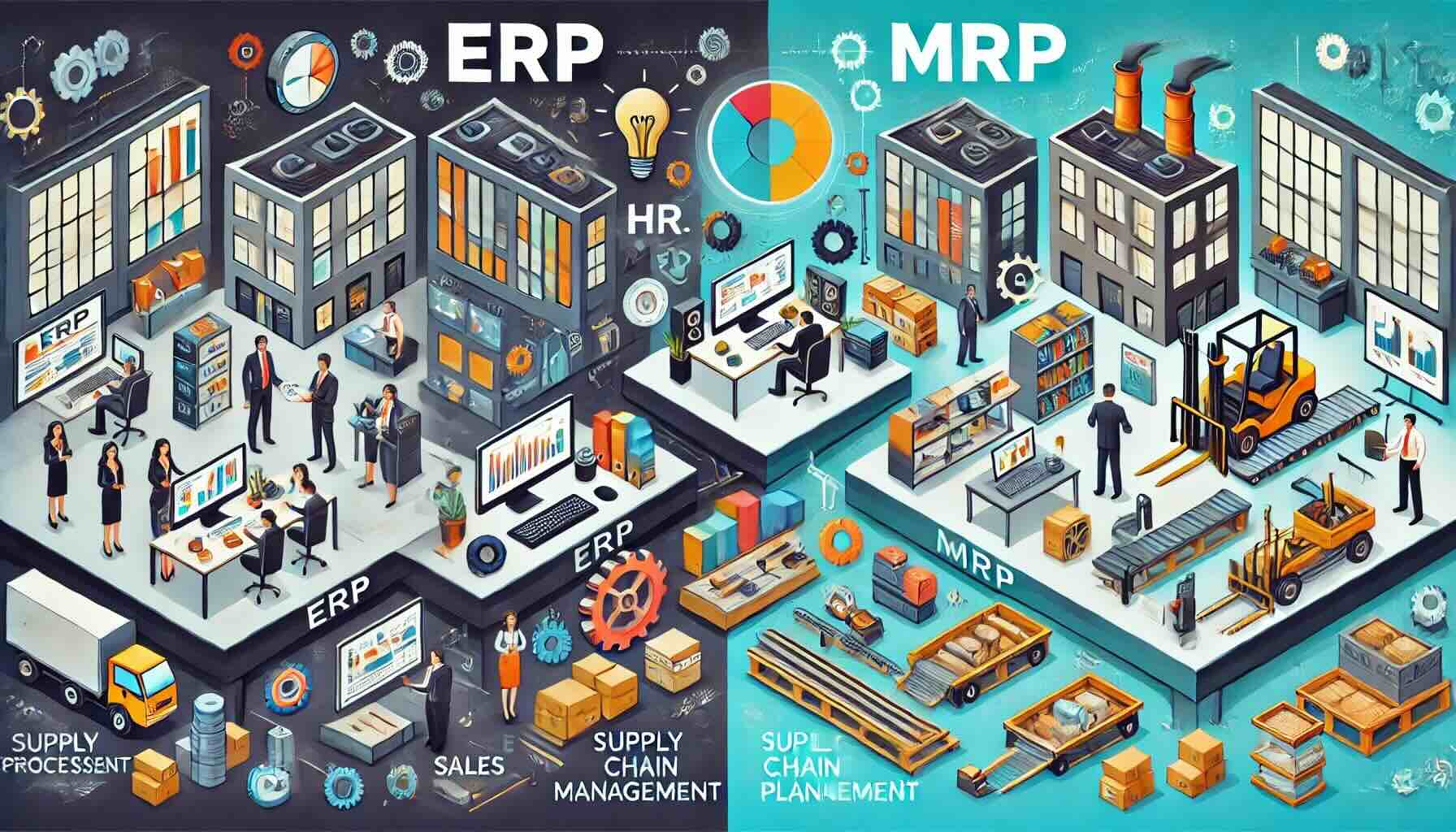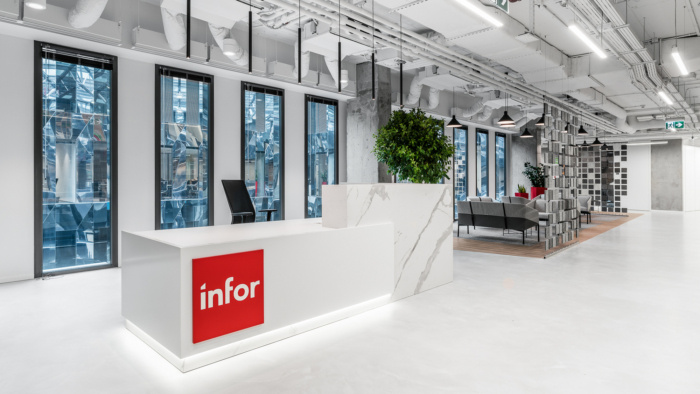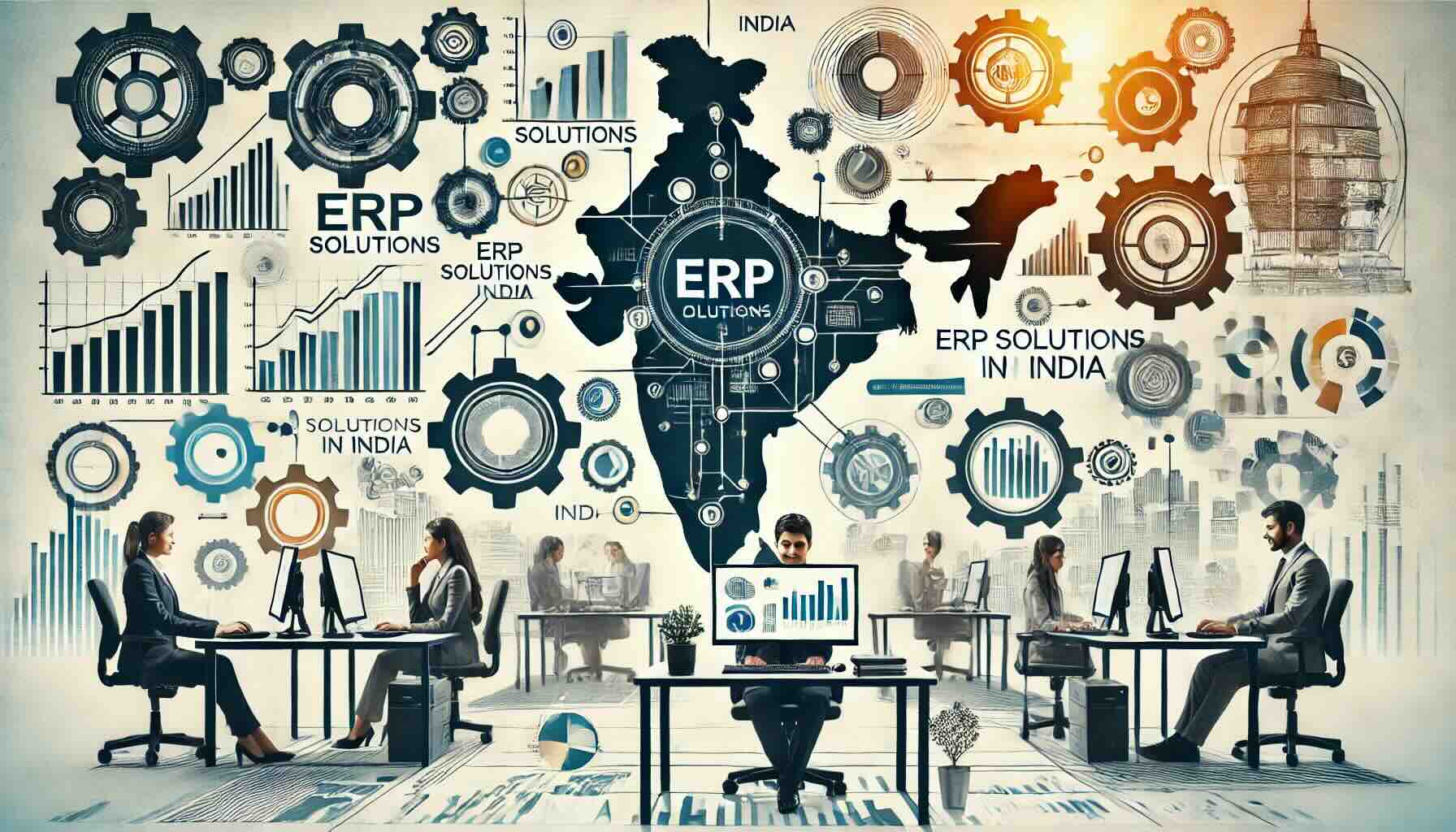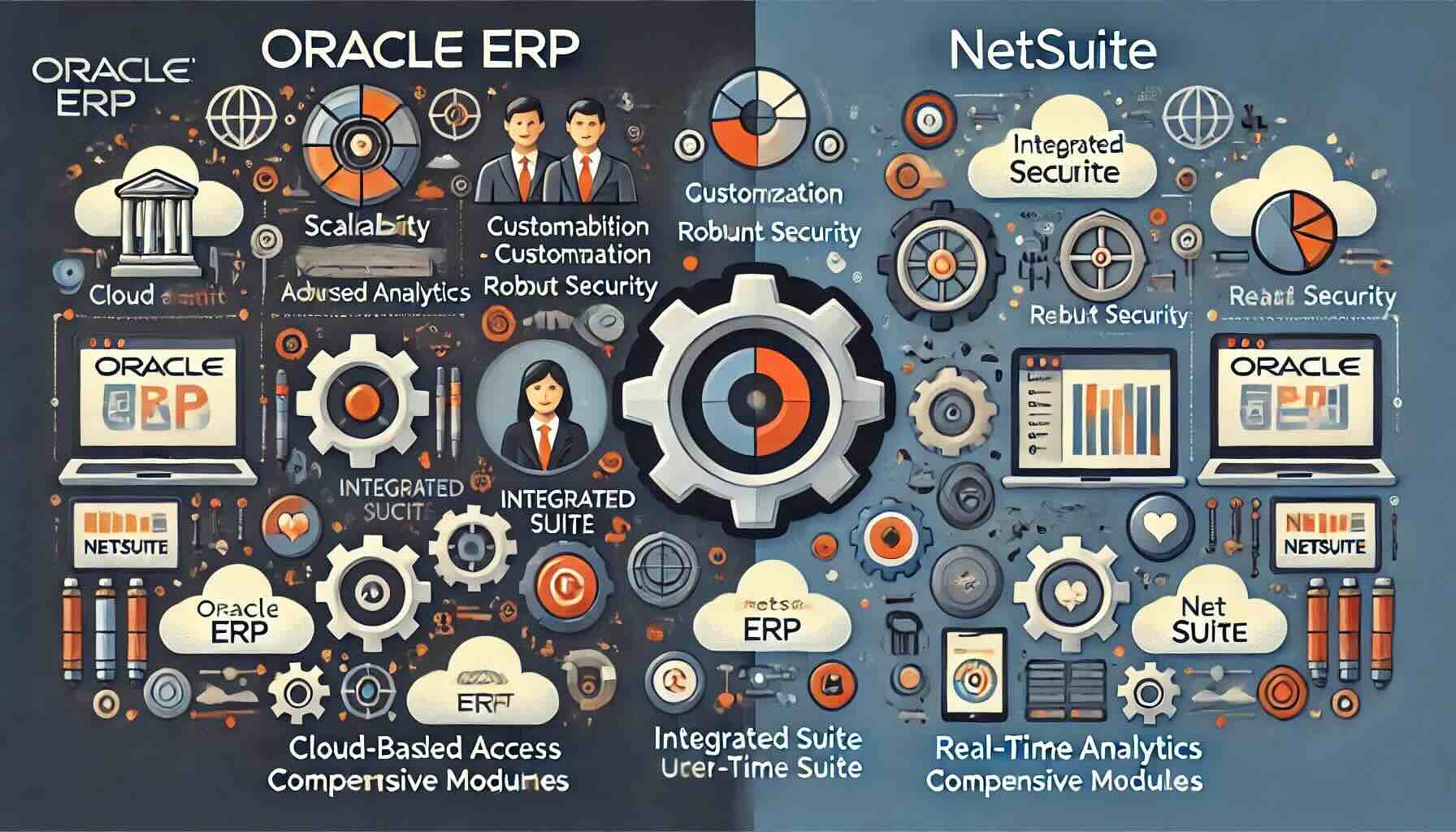Is SAP S/4HANA a Good Choice for the Consumer Goods Industry?

The consumer goods industry is highly competitive and ever-evolving. Companies are faced with numerous challenges, including fluctuating consumer demands, complex supply chains, increasing regulatory pressures, and the need for sustainable operations. In this dynamic environment, businesses need a robust, flexible, and scalable enterprise resource planning (ERP) system that enables them to operate efficiently while remaining agile and innovative. SAP S/4HANA, SAP’s next-generation ERP suite, offers a solution tailored to meet the specific needs of the consumer goods industry. But is it the right choice? This article explores why SAP S/4HANA is well-suited for consumer goods companies and how it can help businesses thrive in this demanding sector.
Why SAP S/4HANA?
SAP S/4HANA is an intelligent ERP system that leverages SAP’s HANA in-memory database to provide real-time insights and advanced analytics capabilities. Designed for businesses of all sizes and industries, it delivers end-to-end processes across various functions, including finance, supply chain management, sales, and manufacturing. For the consumer goods industry, which deals with large amounts of data, tight margins, and constant pressure to innovate, SAP S/4HANA offers several key advantages:
1. Real-Time Data and Advanced Analytics
One of the most significant advantages of SAP S/4HANA is its ability to process and analyze vast amounts of data in real time. This capability is crucial for consumer goods companies, where timely decision-making is essential. With real-time data, businesses can track consumer trends, monitor inventory levels, optimize production schedules, and respond quickly to market changes.
For example, a company can use SAP S/4HANA to analyze sales data and customer feedback in real time, allowing them to adjust their marketing strategies or product offerings quickly. Additionally, advanced analytics tools enable predictive analysis, helping businesses forecast demand and adjust supply chain operations accordingly. This level of insight is invaluable for maintaining competitiveness in a fast-paced market.
2. Enhanced Supply Chain Management
Supply chain complexity is a major challenge for consumer goods companies, especially those with global operations. SAP S/4HANA offers advanced supply chain management (SCM) features that allow businesses to optimize their supply chain operations from end to end. The platform provides visibility into every aspect of the supply chain, from procurement and manufacturing to distribution and delivery.
With SAP S/4HANA, consumer goods companies can integrate their entire supply chain network, improving collaboration with suppliers, distributors, and retailers. The system helps businesses streamline operations, reduce lead times, and minimize stockouts or overstocking. Additionally, by using predictive analytics and real-time data, companies can better manage demand fluctuations, ensuring they have the right products available at the right time.
3. Improved Product Lifecycle Management
Consumer goods companies are under constant pressure to innovate and bring new products to market quickly. SAP S/4HANA includes comprehensive product lifecycle management (PLM) tools that enable businesses to manage the entire lifecycle of a product, from design and development to manufacturing and retirement.
With SAP S/4HANA, companies can collaborate more effectively across departments and with external partners to accelerate product development. The system also allows businesses to track the performance of products in the market and make data-driven decisions about product updates, discontinuations, or new launches. This ability to innovate quickly and efficiently is critical for staying ahead of the competition in the consumer goods industry.
4. Sustainability and Compliance
Sustainability is increasingly important for consumer goods companies, as consumers and regulators alike demand more eco-friendly products and practices. SAP S/4HANA provides tools to help companies track and manage their environmental impact throughout the supply chain. The system can track carbon emissions, water usage, and waste production, enabling businesses to identify areas for improvement and implement more sustainable practices.
In addition to sustainability, regulatory compliance is another critical concern for consumer goods companies, particularly those operating in multiple regions with varying regulations. SAP S/4HANA simplifies compliance management by providing up-to-date regulatory information and automating compliance processes. This helps businesses avoid costly fines and reputational damage while ensuring they meet local and international regulations.
5. Scalability and Flexibility
Consumer goods companies range from small businesses to global enterprises, and SAP S/4HANA is designed to scale with a company’s growth. Whether a business needs to expand its operations, enter new markets, or adapt to changing industry trends, SAP S/4HANA provides the flexibility to adjust quickly. The system can be deployed on-premises, in the cloud, or in a hybrid environment, allowing businesses to choose the deployment model that best suits their needs.
SAP S/4HANA’s modular design also allows companies to implement only the functionalities they need, with the option to add more features as their business grows or evolves. This flexibility makes SAP S/4HANA an ideal choice for consumer goods companies of all sizes, from startups to multinational corporations.
Case Studies: SAP S/4HANA in Action
Several leading consumer goods companies have already adopted SAP S/4HANA and reaped significant benefits. For example:
- Unilever, a global consumer goods giant, implemented SAP S/4HANA to streamline its supply chain and improve decision-making processes. With real-time data access and advanced analytics, Unilever can respond more quickly to market changes and consumer preferences, improving overall operational efficiency.
- Coca-Cola HBC, one of the largest bottlers of Coca-Cola products, used SAP S/4HANA to enhance its digital transformation efforts. By integrating its financial, manufacturing, and logistics processes, Coca-Cola HBC achieved greater transparency and control over its operations, enabling it to better manage costs and improve sustainability.
Conclusion: Is SAP S/4HANA the Right Choice for Consumer Goods?
For consumer goods companies looking to improve operational efficiency, enhance supply chain management, and innovate faster, SAP S/4HANA is an excellent choice. Its real-time data processing, advanced analytics, and flexible deployment options make it a powerful tool for businesses of all sizes. Moreover, its ability to help companies manage sustainability efforts and regulatory compliance makes it particularly valuable in today’s environmentally conscious market.
By choosing SAP S/4HANA, consumer goods companies can position themselves for long-term success in an industry that demands agility, innovation, and operational excellence. Whether a company is looking to scale, enter new markets, or simply improve its day-to-day operations, SAP S/4HANA provides the tools and insights needed to thrive. Click this link to find out more about SAP S/4HANA.
Ready to Transform Your Business?
Implementing the right ERP system could be the game-changer your business needs. With our AI-powered Compare ERP tool, you can effortlessly explore and compare solutions tailored to your unique business needs. It’s free to use, and you’ll receive a guaranteed discount on your first year’s license fees with a referral from Compare ERP. Take the first step toward streamlining your processes and boosting productivity and start comparing today!









